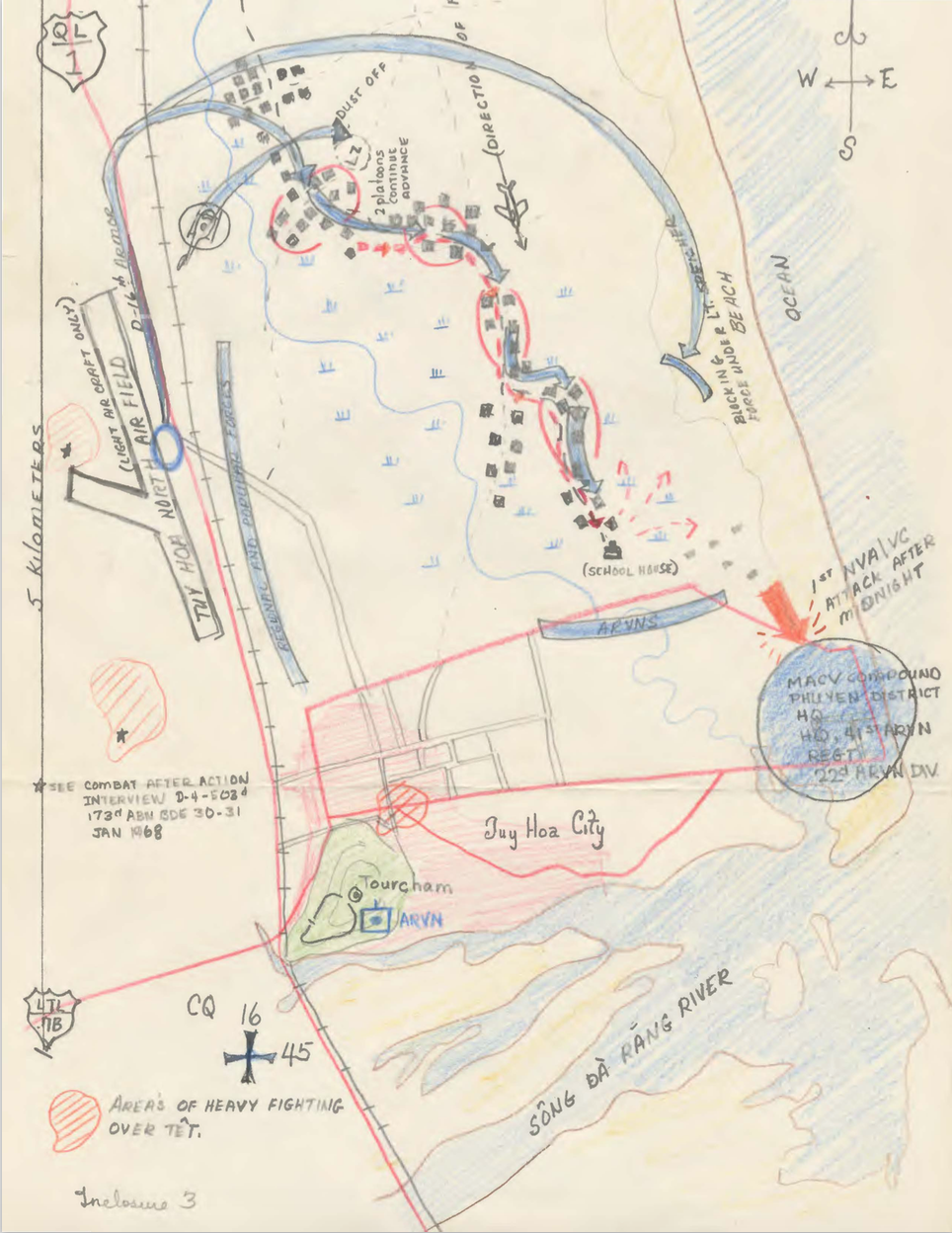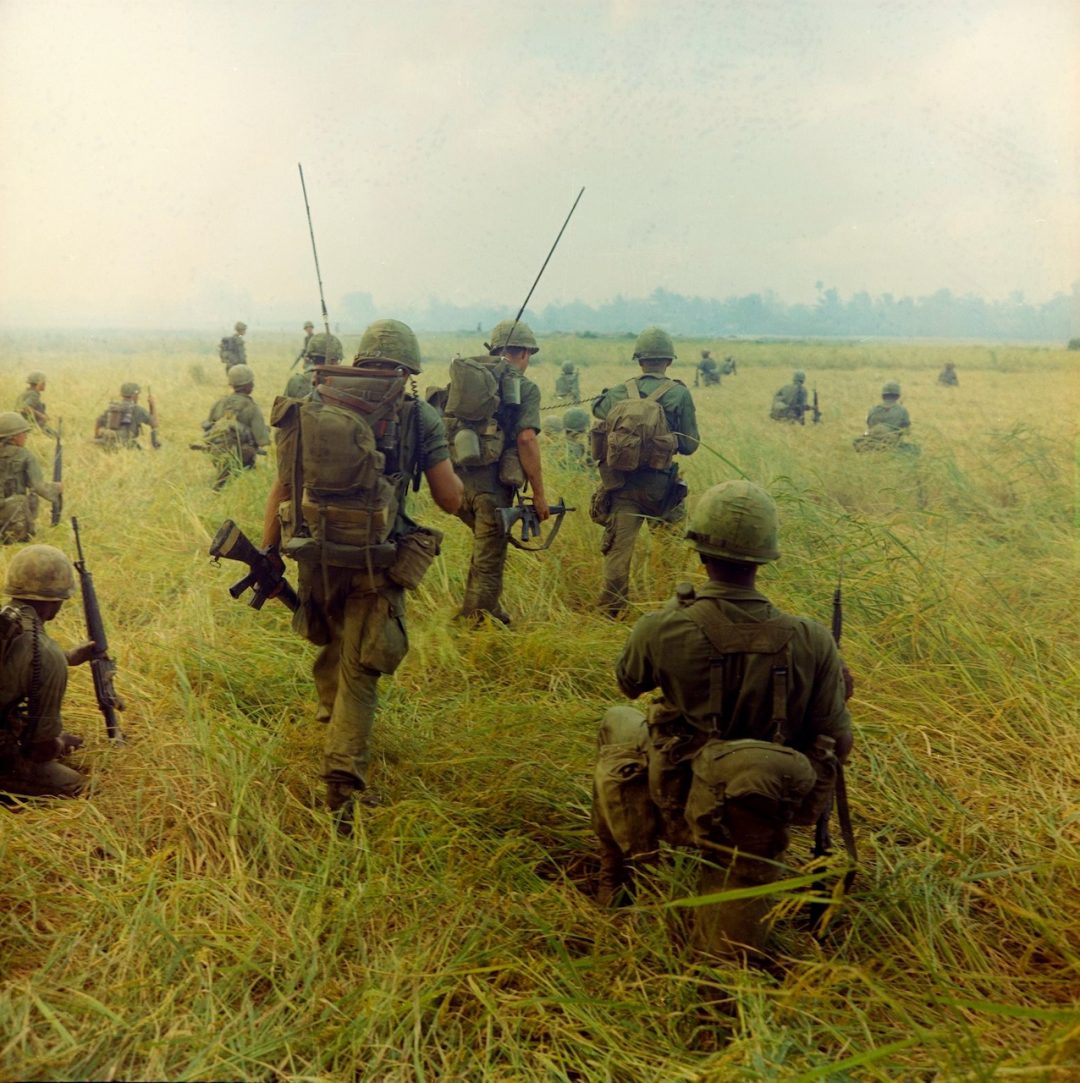Note: This post originally appeared on my previous, now defunct blog Thompsonwerk.
Every graduate level seminar entails a heavy writing component. Often, book reviews make up the bulk of writing assignments for such seminars. Typically, in addition to completing weekly reading, grads must also write a book review. While review expectations vary from professor to professor, key elements remain consistent. My own experiences in writing book reviews for professors and publishers informed the guide below.
Checklist
Your book review should include all the following elements:
- Thesis
- Historiography
- Methodology
- Sources
- Brief overview of chapters
- Detailed analysis of main argument
- Criticism
- Audience
- Value
Preparation
Refer back to the checklist. Your reading notes should have all the information necessary to complete the checklist. Additionally, find a few quotes while reading that are representative of the author’s main and supportive arguments. These quotes will help readers of your book review “hear” the author’s voice.
Before writing, be aware of length requirements. Book reviews under 800 words cannot get into a book as thoroughly as a review of 1500 words. Length requirements will dictate how much attention you put on the various elements noted in the checklist.
Next, outline your book review. Use the checklist as the basic structure for the book review, but feel free to organize the various elements to fit your writing style.
Writing
Introduction
In the first paragraph, include a brief overview of the book. Place the book in the proper historiographical debate(s), while using the thesis to show how the book differs from earlier works on the topic. Note that the first quote to appear in your book review should be that of the thesis statement.
Middle
Middle paragraphs include the detailed analysis of the author’s arguments and methodology as well as your critiques. Try framing this portion of the review around the book’s chapters. When discussing the main and secondary arguments, use examples from the book. Using a few quotes at this juncture is a great idea. Insofar as methodology, it is often easier to address how the author constructed their work while discussing the evidence used in the book. Again, the order in which you cover the various elements is entirely your decision.
Conclusion
While the order of content in a book review is fluid, a summary of the book and its academic value often ends-up in the final paragraph. This is the time for you to state whether or not the book is a valuable contribution to the field and whom would benefit the most from reading it.
Criticism
The most difficult component of a book review is providing valid criticism. All books have flaws and it is your responsibility to find them as well as explain why such shortcomings hurt the author’s work. Always follow-up criticism with a thorough explanation. For example, if the author focused on the reluctance of young white men in a particular city to explain how similar men across the South refused to immediately join Confederate military units on the onset of the Civil War, then criticism of that work should make that a major point of contention. Explain that such a small sample is representative of a particular community at a particular time, and nothing more.


2 Comments
Rob,
This was excellent! it is the best advise I have read regarding doing book reviews at a graduate level. This will really save me a lot time especially when reading books that are not dense and not interesting butter required.
Hi Marquita! I’m glad you found the post useful. Best of luck with your book reviews.